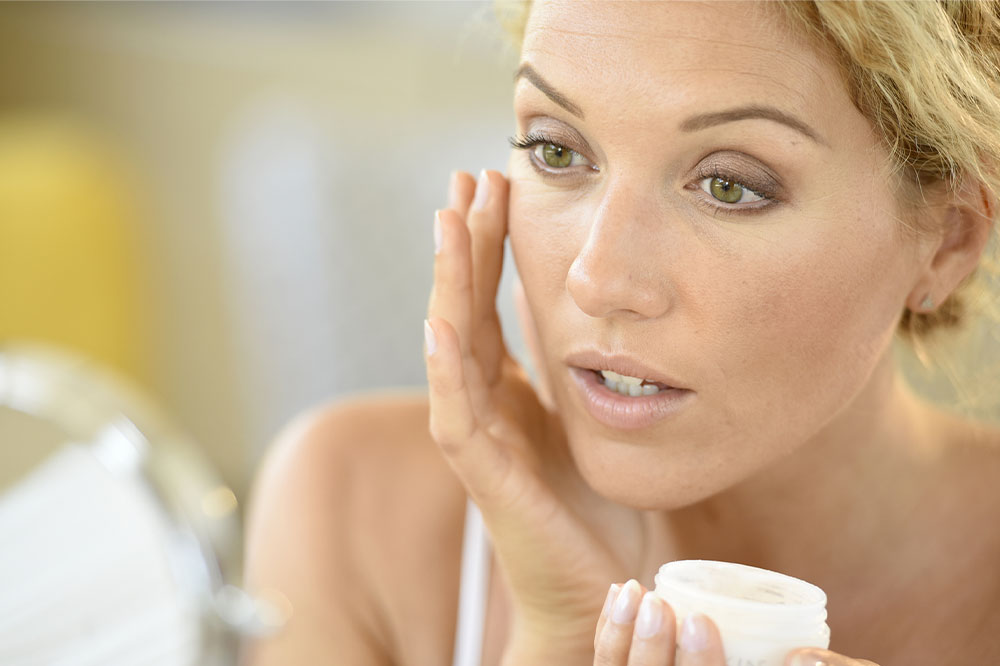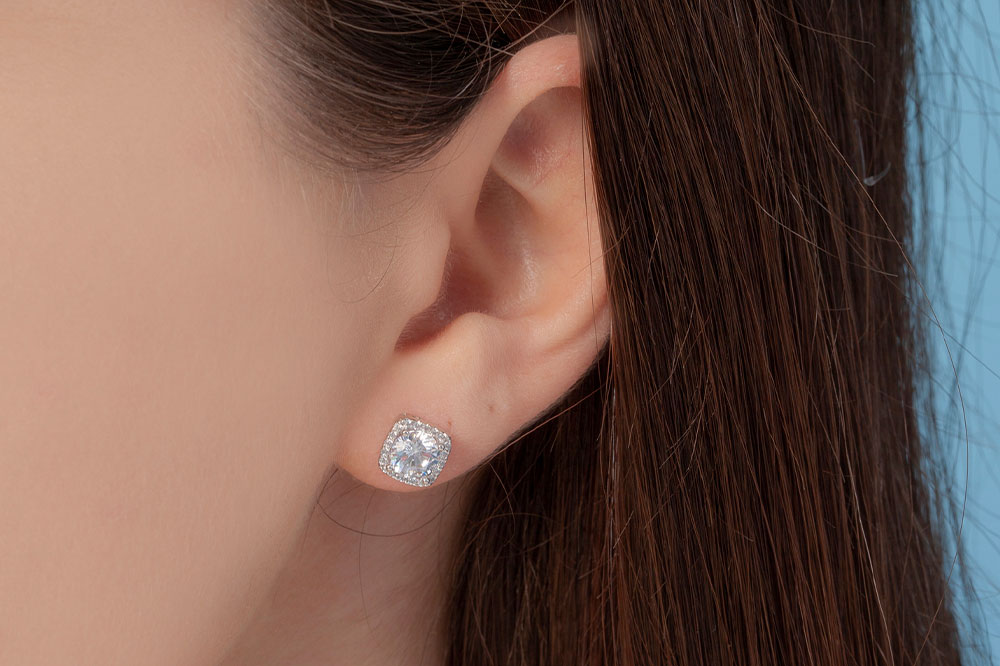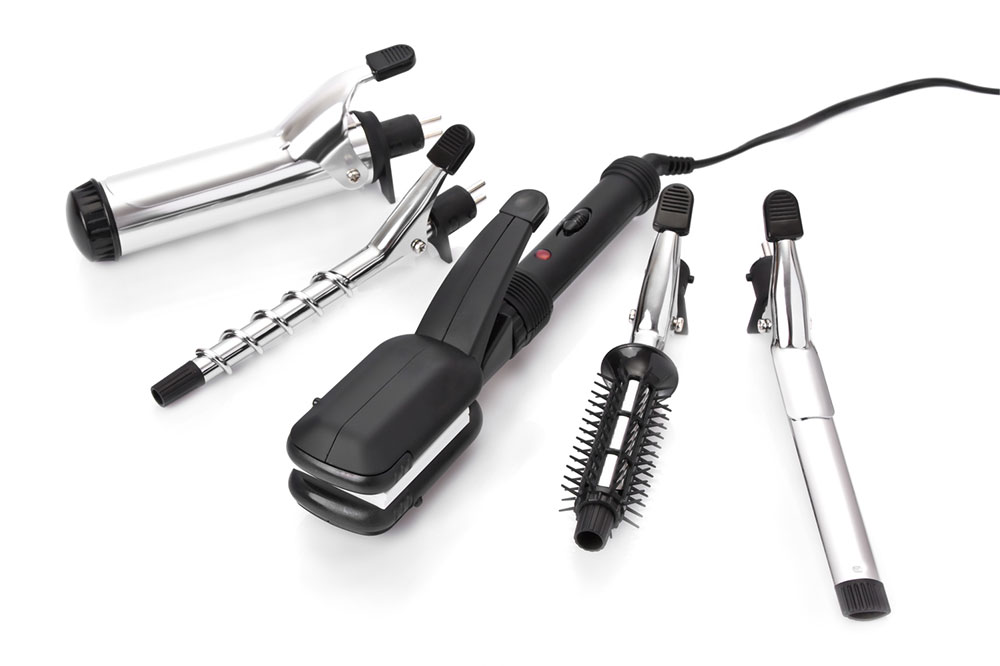5 skin care mistakes that lead to premature aging

Although some of us might enjoy the benefits of aging, such as maturity, knowledge, and feeling comfortable in our skin, most don’t want to develop dull, wrinkled skin. And even though the aging process is a one-way trip that none of us can stop, we can slow it down. These five anti-aging skin care tips are frequently ignored, yet they could be the underlying cause of your drooping skin and early fine lines and wrinkles.
Not removing makeup
The most fundamental phase in a skincare program is washing. Numerous chemicals, filth, bacteria, and other pollutants collect in the skin’s pores; and getting rid of them is necessary as they can cause various skin issues.
Also, going to bed with makeup is a typical skincare error that can harm your skin. After a long day, taking the time to remove your makeup may be the last thing you want to do, but it’s necessary to prevent skin damage.
Cosmetics can accumulate in the pores if you apply them and leave them on throughout the night. So every night before bed, cleanse your skin to remove makeup residue that could otherwise cause issues such as acne, blackheads, pigmentation, wrinkles, and irritation.
Over-exfoliating the skin
We are all aware that removing the outer layer of dead, dull skin cells reveals softer, smoother, and evenly toned skin. Without routine exfoliation, dead skin can accumulate in the pores and cause irritation, blackheads, acne, and early aging signs. However, applying an exfoliator frequently can cause irritation and develop dry skin, leading to wrinkles, dryness, redness, and discoloration.
Therefore, avoid overdoing this and exfoliate once or twice a week, depending on your skin type. Additionally, avoid using harsh exfoliating treatments that contain abrasive elements to prevent micro-tears on the skin surface.
Not applying SPF
One of the most fundamental steps in a skincare regime is safeguarding it from harmful sun rays, free radicals, and numerous other toxins. Premature aging, inflammation, and hyperpigmentation are the most frequent effects of oxidative damage by UV radiation and free radicals.
So, make it a habit to use sunscreen always. Generously apply a broad-spectrum sunscreen on the skin, preferably, with an SPF of 30 or higher. In addition to using sunscreen in the morning, it’s crucial to reapply it as needed during the day.
Avoiding neck while cleaning
Not giving the neck and décolletage enough attention is another common mistake. The skin of your neck is thin and sensitive, and since it is visible, it is also prone to sagging, fine lines, and wrinkles. The neck is also an excellent early indicator of aging because it is likely to be one of the first parts of your body to exhibit telltale signs of aging. As a result, treating your neck with the same attention and care is critical. Hence, while using a cleanser, serum, moisturizer, sunscreen, and other skincare products, don’t skip your neck and décolletage.
Forgetting to moisturize
Whether you have oily, dry, or combination skin, applying a quality moisturizer is a must. A proper moisturizer can assist in maintaining the skin’s equilibrium and prevent it from getting oily or dry, which further increases the likelihood of acne, clogged pores, or flaking.
Additionally essential to delaying premature aging is moisturizing. Without it, the skin may become dehydrated, brittle, and exposed to harmful substances which will then cause drooping, wrinkles, and fine lines.
A quality moisturizer will maintain your skin’s elasticity and make it appear bright and plump. So, consider a moisturizer made with retinol if you’re seeking chemicals specifically developed to fight aging. This potent component can boost collagen production, promote cell renewal, reduce pigmentation and wrinkle depth, and even fight acne.
Minor errors, especially those that cause premature aging, can occasionally cause skin issues. To maintain your skin’s longer-lasting, healthy appearance and texture, avoid the blunders mentioned above.









